The very first medical device designed to treat the disorder showcasing Childhood Attention Deficit Hyperactivity, also known as ADHD was given an “OK” signal on Friday by U.S. based FDA. The device, which is designated for the children aged between 7 and 12 with no current ongoing medication, shall be eligible for the use of this device. It delivers a very low-intensity electrical pulse going to sections of the brain that is responsible for the symptoms generated by ADHD.
Carlos Pena, the director at Division of Neurological & Physical Medicine Devices under the FDA Center for Devices and Radiological Health mentioned in his statement that this latest device strategically offers the safest and non-drug based option for ADHD treatment in the pediatric patients with use of a mild stimulation to the nerve which is first in the line of innovations in the field of ADHD.
Termed as the Monarch External Trigeminal Nerve Stimulation System or the eTNS, this device is marketed by the company NeuroSigma. This particular treatment option’s availability is strictly on a prescription basis which must completely be under the regulatory monitoring of a caregiver. This pocket-sized equipment is connected with a wire to a small patch which is placed over the forehead of the child just above the eyebrows. It is designed for use at home when the patient is sleeping. The device delivers a slight tingling stimulation to the cranial nerve branches which deliver sensations from face all the way to your brain.
The clinical trial conducted on 62 children noted that eTNS tends to increase the activity in areas of the patient’s brain which regulate things such as emotion, attention, as well as behaviour, all of which serve as the key components in ADHD. As compared to the placebo group, children using this device showed a statistically significant decrease in the showcase of ADHD symptoms. However, it might take as much as 4 weeks for the patients to notice any improvement.
However, the authors of this clinical trial called in additional research in order to examine whether the treatment shall last with time along with the potential impact over brain development have given prolonged use. Stephen Hinshaw, the Professor of Psychology from the University of California located at Berkeley organized massive research for ADHD since the year 1992. He mentioned that the proof for the functionality of this device is from the fact that it appears safe while the initial study seems promising and thoughtful.




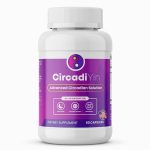

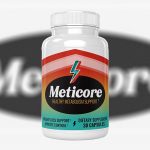




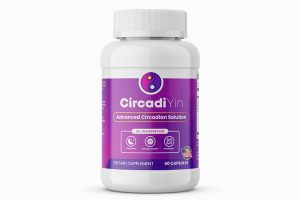

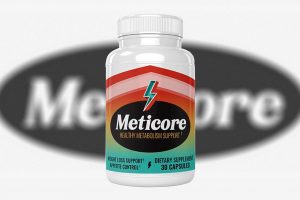



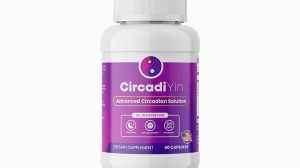

Add Comment